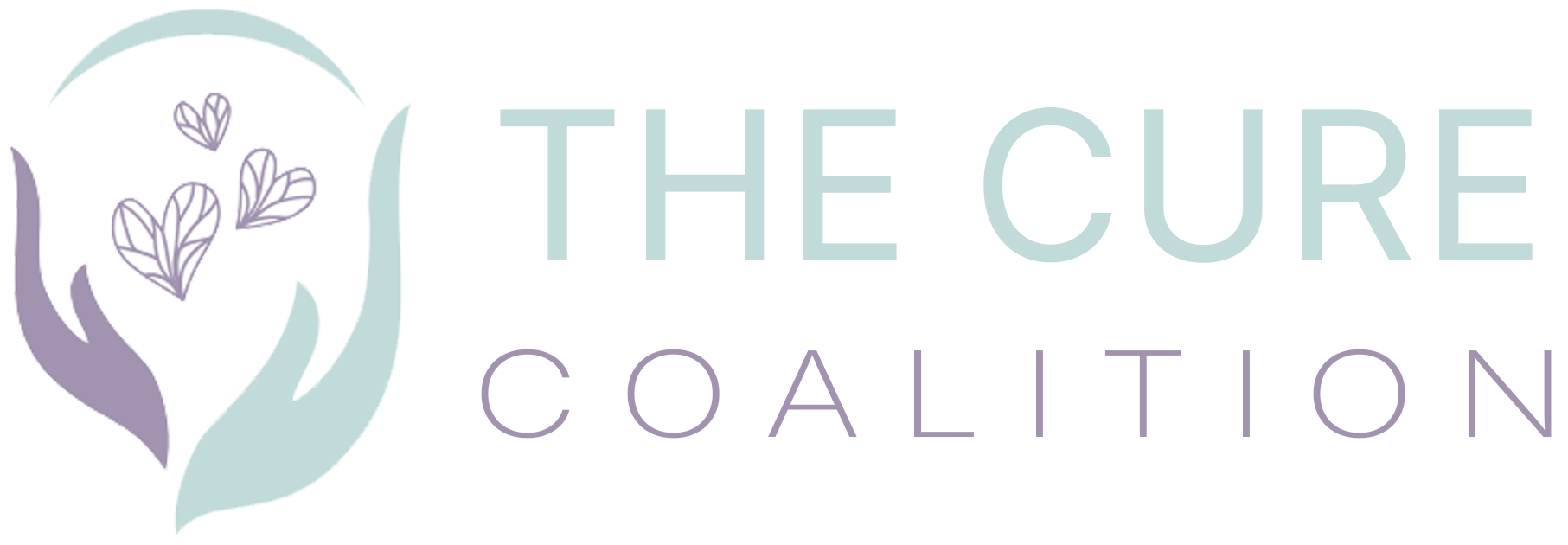The Crisis American Families Don’t See Coming
As mothers, we research everything for our children—from car seats to schools to organic food labels. But there’s a crisis brewing that most American families don’t know about, one that could determine whether life-saving treatments reach our children when they need them most.
The United States is facing an unprecedented shortage of essential research approaches needed for developing safe, effective medicines. This isn’t an abstract policy problem—it’s a direct threat to medical breakthroughs that could save children’s lives. Access for American scientists to have the resources they need is critical, especially with the threat of medicines being developed oversees not only compromises quality and transparency, it also proposes unnecessary threats that not only effect the supply of critical medications when global supply chains are disrupted but also the risk of other foreign counties out pacing American medical advancements.
What’s Happening Behind the Scenes
The biomedical research community is experiencing severe shortages of specialized research models critical for medical studies. Many researchers report being unable to obtain the specific models they need for their work, causing studies to be delayed, forcing the use of less optimal alternatives, or leading to projects being abandoned entirely.
Domestic programs cannot keep pace with growing demand, while international supply chains have become increasingly unreliable due to regulatory barriers and permit denials. This supply crisis is particularly acute for research models that share significant biological similarities with humans—those offering 93.5% genetic alignment that makes them irreplaceable for certain types of safety testing.
Meanwhile, advancements in research technologies, while showing promise for certain applications, are not yet ready to replace comprehensive safety testing for complex medical research. The gap between what these alternative approaches can provide and what thorough preclinical research requires continues to leave critical research questions unanswered.
What American Families Are Losing
- Life-Saving Treatments Delayed – Without adequate research infrastructure, studies that could unlock treatments for childhood cancers, rare genetic diseases, neurological disorders, and infectious diseases are being stalled or never initiated. The children suffering from these conditions cannot wait for researchers to find adequate alternatives—they need medical breakthroughs now. Yet the very foundation needed to develop these treatments safely and effectively is crumbling.
- Weakened Emergency Preparedness –When the next health crisis hits, America’s ability to respond rapidly will be severely compromised. Vaccine development will be slower and less reliable, treatment validation will take longer, and our nation will fall behind other countries with more robust research infrastructure. The COVID-19 pandemic showed us the cost of unpreparedness—we cannot afford to be caught off-guard again, especially when our families’ lives hang in the balance.
- Economic and Scientific Consequences – The economics of shortage are devastating to medical research. Research costs have skyrocketed as institutions compete for limited resources, forcing scientists to use suboptimal models that compromise study quality. American researchers are increasingly unable to compete with international colleagues who have better access to necessary research tools. Critical research collaborations are being disrupted by supply chain instability, and entire fields of medical research lose validity when essential models are unavailable.
Why America Must Lead This Research
The United States maintains the world’s most rigorous oversight for medical research. Our Institutional Care and Use Committees ensure ethical treatment in all studies, while the federal regulations provide comprehensive protection standards. Multiple layers of USDA and NIH oversight minimize unnecessary procedures and ensure the highest welfare standards are maintained.
American research institutions operate under unprecedented transparency requirements. Public reporting, regular independent audits, and inspection protocols provide accountability that is unmatched globally. Whistleblower protections and public monitoring capabilities ensure that any concerns are addressed immediately. This level of oversight and transparency makes American research the global gold standard.
American research adheres to internationally recognized standards for study design, data handling, and peer review. The reproducibility requirements and quality standards that govern American research ensure reliable results that the global medical community can trust and build upon. This scientific integrity is particularly crucial when working with sophisticated research models in infectious disease studies, which require high-level containment facilities, strict safety protocols, and advanced monitoring systems.
Domestic research infrastructure also enables rapid response to emerging health threats affecting American families. When research is conducted here at home, we have direct access to findings, treatments, and vaccines. This capability for quick coordination with U.S. public health agencies during emergencies is essential for protecting American families when time is most critical.
What’s on the Horizon—And Why We Can’t Look Away
As mothers, we’re not just thinking about today’s doctor visits—we’re thinking about tomorrow’s breakthroughs. The future of medicine has never been more promising, with personalized treatments tailored to each child’s unique biology, cancer vaccines specifically designed for pediatric patients, gene editing technologies that could correct rare genetic disorders, early interventions for developmental conditions, and next-generation immunotherapies that replace toxic treatments with safer, smarter options.
But here’s the truth no one wants to acknowledge: these advances depend on comprehensive preclinical research using models with biological similarity to humans. The research infrastructure we’re losing today directly impacts what treatments will be available when our children face serious illnesses tomorrow.
Halting this research doesn’t just slow medical progress—it forces dangerous shortcuts. Treatments get rushed to market without proper understanding, safety questions remain unanswered until human trials begin, and critical medical decisions are based on assumptions rather than evidence. As mothers, we cannot support a future where our children become the test subjects because proper preclinical research was abandoned due to supply shortages and political pressure.
Protecting America’s research infrastructure isn’t just about maintaining scientific capabilities—it’s about ensuring the next generation of medical breakthroughs is based on rigorous evidence, not foreign dependence or compromised standards that put our families at risk.
